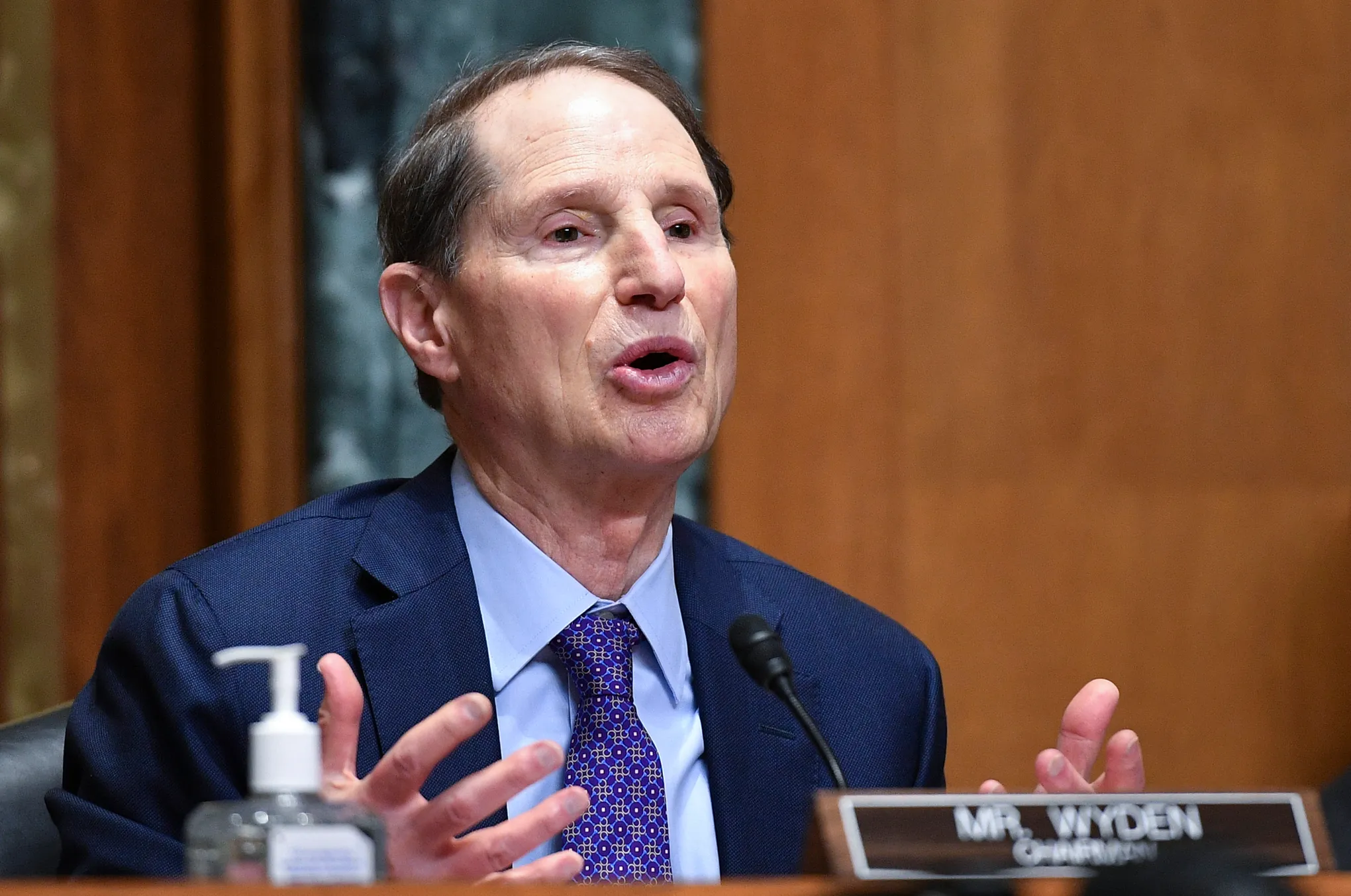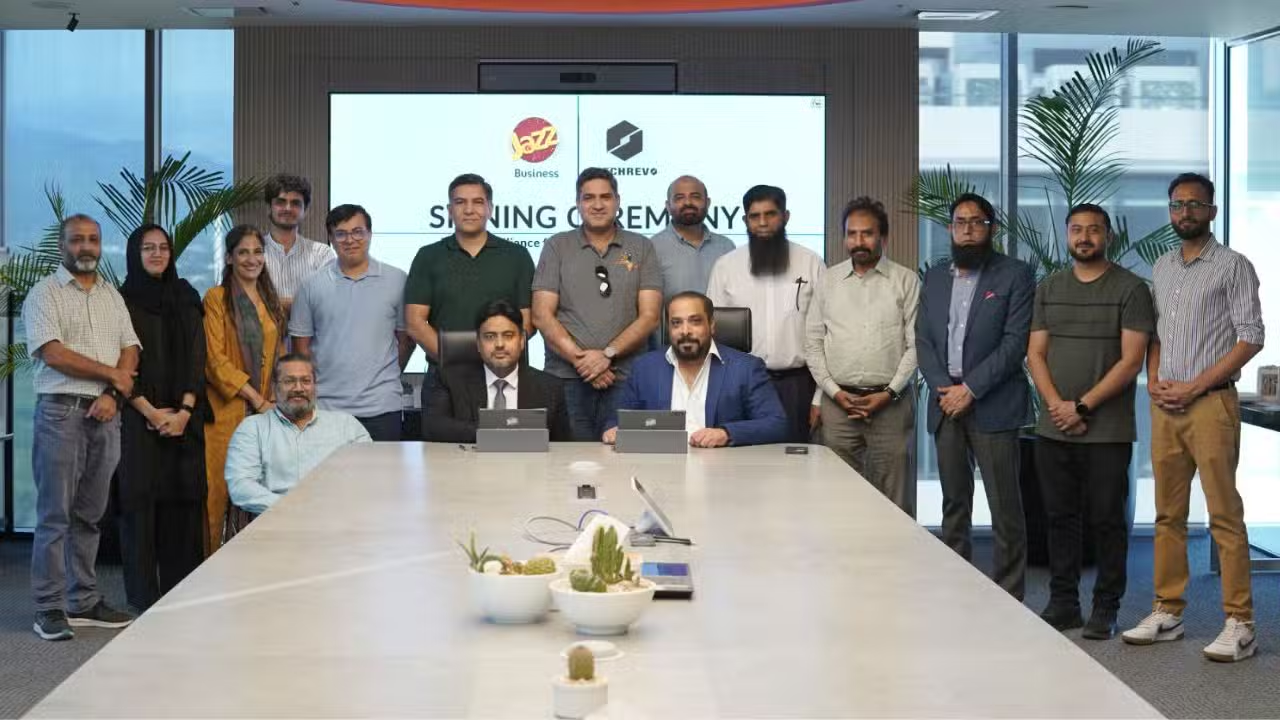In the competitive landscape of artificial intelligence (AI), major tech firms are increasingly bypassing traditional acquisitions by absorbing talent and technologies from innovative AI startups, prompting calls for regulatory scrutiny.
San Francisco-based Adept recently made headlines with a deal that sees its CEO and key staff joining Amazon, granting the e-commerce giant licenses to Adept’s AI systems and datasets. Termed by some as a “reverse acqui-hire,” this tactic is drawing concern in Washington for potentially circumventing U.S. anti-monopoly laws.
Senator Ron Wyden of Oregon, alongside Senators Elizabeth Warren and Peter Welch, has urged antitrust authorities to investigate these arrangements, citing worries about market consolidation and stifled innovation. They argue that while acqui-hires have long been common in the tech sector, the selective absorption of talent and technology leaves startups non-competitive but functional, evading antitrust scrutiny.
Michael A. Cusumano, a business professor at MIT, notes the novelty of this approach within the AI industry. He points out that while tech giants like Microsoft and Amazon strategically hire key personnel from startups like Inflection and Adept, they avoid full acquisitions to mitigate regulatory oversight.
Regulators in Europe and the U.S. are beginning to take notice, especially as the Biden administration and bipartisan lawmakers push for stricter oversight of tech giants. The Department of Justice and the Federal Trade Commission are expected to scrutinize the roles of major players like Microsoft, Nvidia, and OpenAI in shaping the AI landscape.
While these actions may seem like a clever workaround, critics argue they undermine competition and innovation in AI, an industry reliant on costly infrastructure and skilled talent. Smaller startups face challenges in scaling AI systems without substantial financial backing or the support of larger firms.
As tech giants continue to consolidate power in AI, concerns grow over their influence and control over critical technologies. The Senate’s call for investigation underscores the need for vigilance in maintaining competitive markets and fostering innovation in the AI sector.



